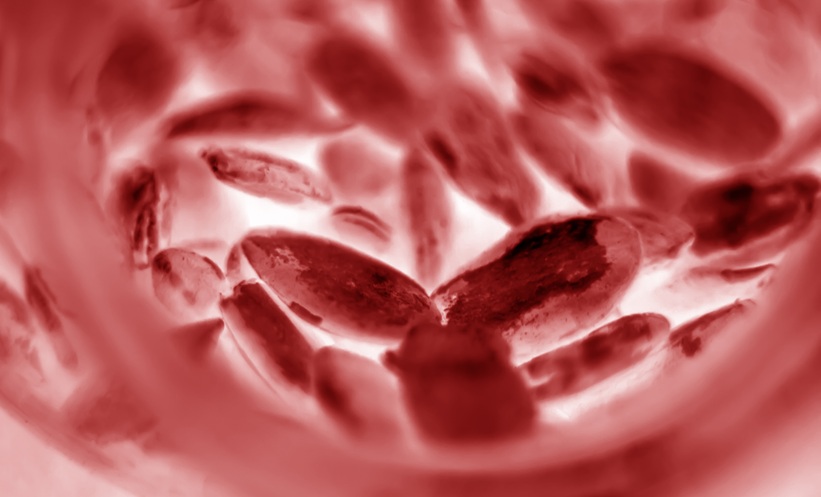TOTAL potato intake was positively associated with risk of developing Type 2 diabetes (T2D), but this effect was primarily driven by intake of French fries, according to a prospective cohort study and dose-response meta-analysis. The high starch content of potatoes leads to high glycaemic index and load, and their association with risk of T2D has been debated in recent years.
The participants included 205,107 people without diabetes, cardiovascular disease, or cancer at baseline, from the NHS, NHSII, and HPFS studies. They were surveyed every 2 years through questionnaires that gathered information on lifestyle factors, medication use, risk factors, and disease diagnosis, as well as a validated food frequency questionnaire every 2–4 years.
A total of 22,299 participants were diagnosed with T2D over 5,175,501 person years of follow-up. After adjusting for diabetes-related risk factors and BMI, higher intake of total potatoes and French fries was associated with an increased risk of T2D. The rate of T2D increased by 5% for each increment of three weekly servings of potato (hazard ratio [HR]: 1.05, 95% CI: 1.02–1.08), and by 20% for each increment of three weekly servings of French Fries (HR: 1.20; 95% CI: 1.12–1.28). There was no significant association between intake of combined baked, boiled, or mashed potatoes and T2D risk (pooled HR: 1.01; 95% CI: 0.98–1.05). Substitution analyses showed that replacing three weekly servings of potatoes with whole grains could lower T2D rates by 4% for baked, boiled, or mashed potatoes; 8% for total potatoes; and 19% for French fries. Replacing total or baked, boiled, and mashed potatoes with white rice, however, was associated with an increased risk of T2D
In conclusion, a higher intake of French fries was associated with a higher risk of T2D, but not combined baked, boiled, or mashed potatoes. Furthermore, replacing potato with whole grains lowered the risk, while white rice increased the risk. These results align with the current dietary recommendations on using whole grains as part of a healthy diet to prevent T2D.
Reference
Mousavi SY et al. Total and specific potato intake and risk of type 2 diabetes: results from three US cohort studies and a substitution meta-analysis of prospective cohorts. BMJ. 2025;390:e082121.








